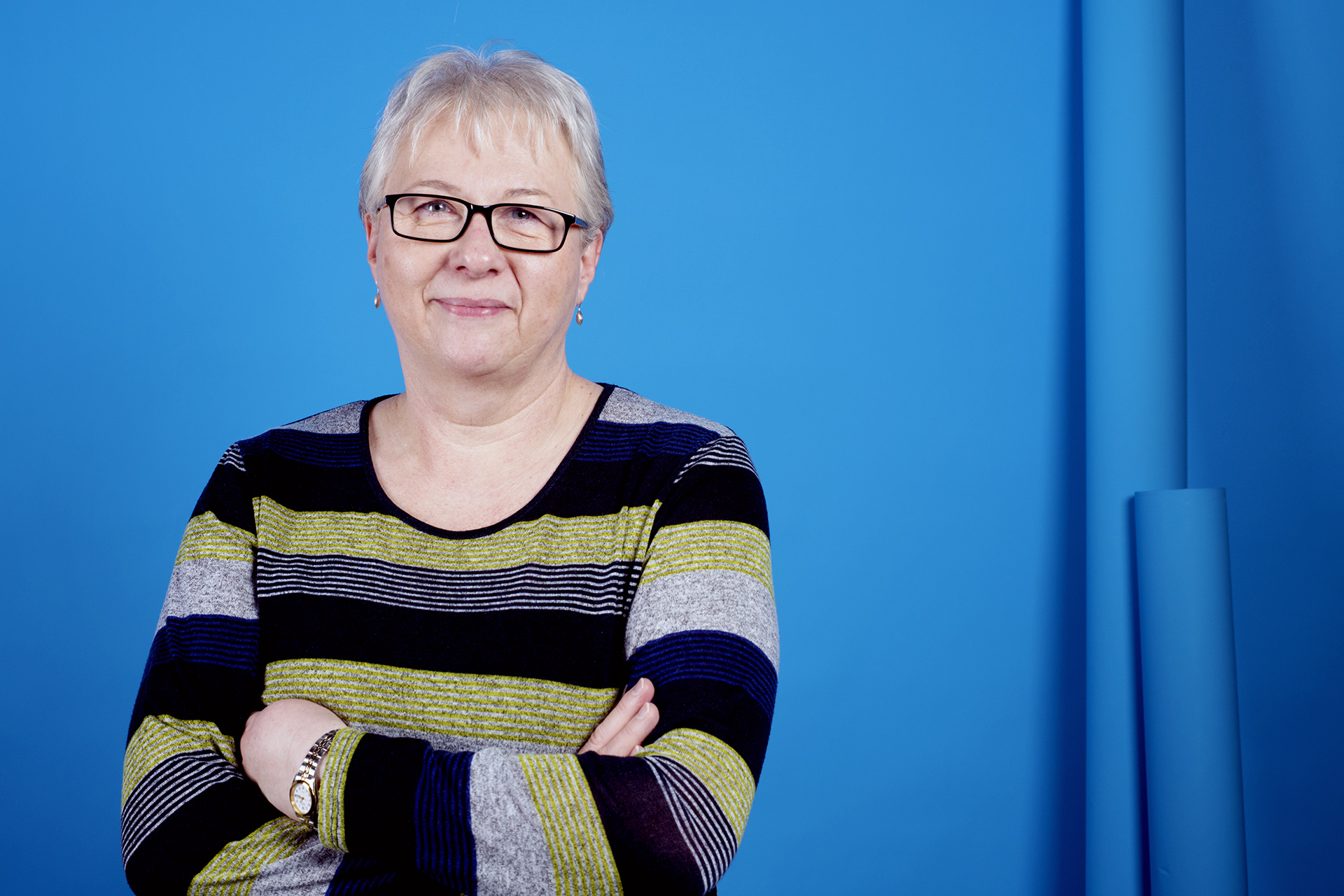
Written by RePaDD member, Deb Rawlings, Senior Lecturer in Palliative care in the College of Nursing and Health Sciences, Flinders University. Deb is co-lead of the End-of-Life Essentials project. @deb_rawlings
The Dying2Learn MOOC was offered four times between 2016 and 2020, and approximately 5,000 participants from over 30 countries took part. [1] Each MOOC provided an opportunity to elicit participants’ views on end-of-life issues, with the voices of health care professionals (HCP) and consumers heard via activities that prompted thought and discussion. Participants were generous with their time, both in sharing their views and in their support of each other. As one of the MOOC authors and moderators I contributed to the conceptualisation of content and for the most part took carriage of the first week of activity. This blog summarises some of the research we undertook based on four MOOC activities.
“Never say Die” [2]
This activity was introduced as an ice breaker in the first week to get people talking in a light-hearted way, a start to being introduced to difficult topics and concepts. We asked participants to contribute words that have been used to avoid saying ‘death’ and ‘dying’ (i.e., euphemisms). Amazingly this resulted in 471 contributions of 3,066 euphemisms, and in removing duplicates there were still 1138 discrete words and phrases. That is still a lot of ways of avoiding what were considered by many to be confronting words. Interestingly, it also highlighted (via 100 free text comments), the pitfalls of using euphemisms, including the specific miscommunications that can occur when used in the clinical context. This became an opportunity to highlight to HCP why they should avoid using ambiguous language, and that using a word like ‘gone’ may not result in a common understanding of the message being conveyed.
“Before I die” [3]
This activity was based on the work of Candy Chang who initiated a chalkboard activity called “Before I Die, I want to……”. We created a virtual wall in the MOOC and asked participants to complete the sentence as had many people on chalkboards around the world. This was completed by 633 people who told us what was important to them, or what they wanted to achieve before they die. When it came down to it, it was all about family and spending time with loved ones, with this cited by participants as the most important thing to do before they died. This activity can be considered a companion process to Advance Care Planning in that it asks people to consider their wishes, what is important to them and what to prioritise.
Voluntary Assisted Dying (VAD) [4]
By the time the 2018 MOOC was offered, VAD had become a topic of conversation in Australia, although it had been raised in previous MOOCs by those from countries where it was already in place. As a socially constructed MOOC we avoided the medical aspects of VAD, instead asking participants about ‘choosing’ death as opposed to ‘dying naturally’. The 508 participants then provided their personal views of VAD. These were often divisive and polarising, sometimes emotive, although with a common thread about respecting the choices of others. Responses were dominated by the concepts of choice, control, and dignity. Many people (certainly in Australia) were still finding their way in the VAD space, where it can be confronting and challenge their preconceptions of the ‘natural order of things’.
What did we achieve?
Open conversations such as those fostered within the MOOC don’t occur too often, but in the Dying2Learn MOOC space over 10,000 comments were made by participants – that’s a lot of talking. People relished the open and supportive nature of the MOOC and had conversations that they might not have had anywhere else.
Eleven papers have been published about the MOOC and a further 5 on the role of Death Doulas, a research program that was conceptualised in this space.
Some of the Dying2Learn content and concepts live on in CareSearch where people can still have a voice https://www.caresearch.com.au/tabid/6479/Default.aspx
References
- Tieman J, Miller-Lewis L, Rawlings D, Parker D, Sanderson C (2018) “The contribution of a MOOC to community discussions around death and dying” BMC Palliative Care 201817:31 https://doi.org/10.1186/s12904-018-0287-3
- Rawlings D, Tieman J, Sanderson C, Parker D and Miller-Lewis L (2017) “Never say die: Death euphemisms, misunderstandings and implications for practice” International Journal of Palliative Nursing 23 (7): 112-118
- Rawlings D, Miller-Lewis L, Tieman J. (2018) Identifying what matters: Community views on what I want ‘Before I Die’. Behav. Sci. 2018, 8, 111; doi:10.3390/bs8120111 https://www.mdpi.com/2076-328X/8/12/111
- Rawlings, Winsall, Miller-Lewis, Tieman. “Natural death versus known date-of-death: A qualitative study of views on voluntary assisted dying in an online course about death.” OMEGA- Journal of Death and Dying. First Published April 11, 2021 https://doi.org/10.1177/00302228211008771

